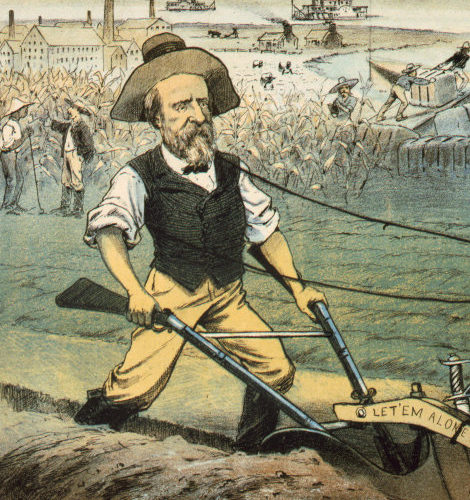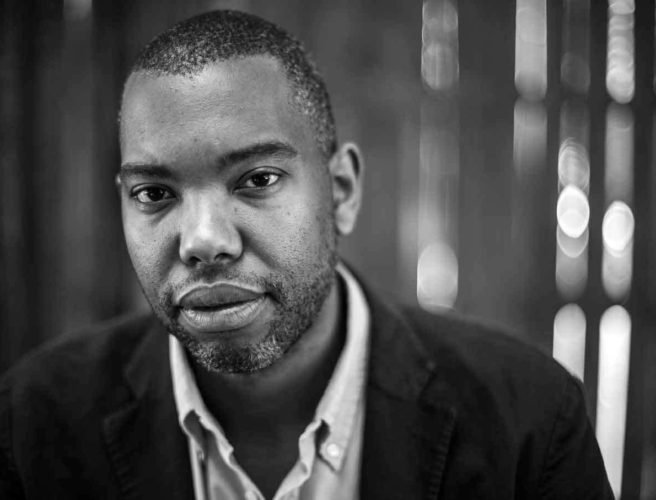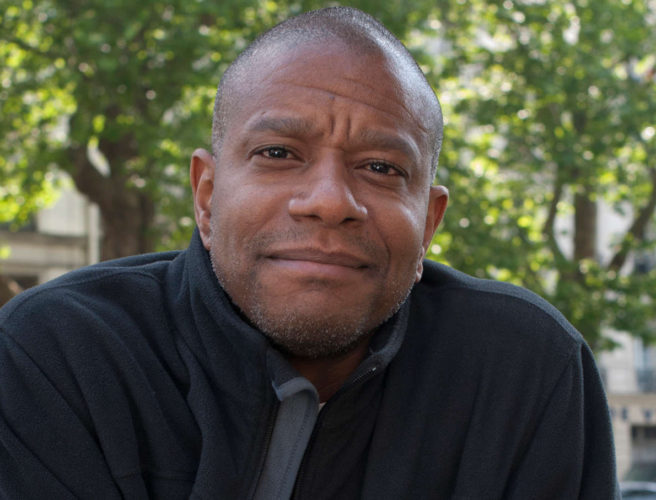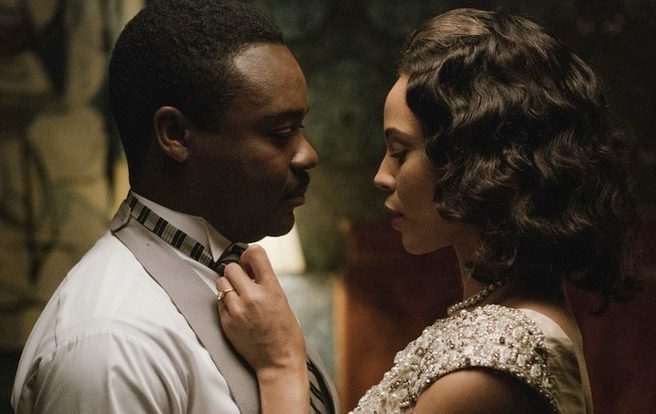Paul Beatty’s latest novel, The Sellout (Farrar, Straus and Giroux; $26), recounts the ordeals of a man who tries—and fails—to live up to his father’s, his community’s, and his country’s ideas of what it means to be black in America. But our narrator, nicknamed Sellout, does more than just fail: He threatens, as a certain saying goes, to set the race back 500 years, by landing himself a date before the US Supreme Court for owning a slave named Hominy (who refuses to work) and attempting to reinstate segregation in the deincorporated pastoral ghetto of Dickens in the greater Los Angeles area.
Beatty is smarter than most comic writers, and fearless: The Sellout at times seems to be based on a lost Dave Chappelle skit. Yet one fears that Beatty will be relegated to the Literary Negro League of comic novelists, with George Schuyler first up to bat and, awaiting their turn, Fran Ross, Cecil Brown, Ishmael Reed, William Melvin Kelley, and the recent call-ups Percival Everett and Mat Johnson. These writers find themselves in a perpetual search of an audience—not because of a lack of talent, but for the inexplicable reason that readers seem unwilling to have a “conversation” or “more dialogue” about race unless it is entirely sober, mostly cant, and, to judge by the state of things, perennially superficial. That’s unfortunate, because the novel has always been a good vehicle for dissecting the rhetorical essentialisms and mental shortcuts we live by.
Continue reading →



